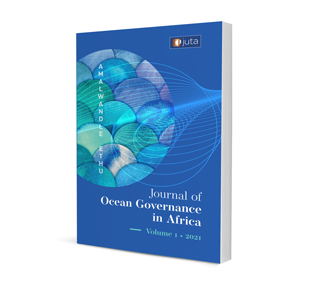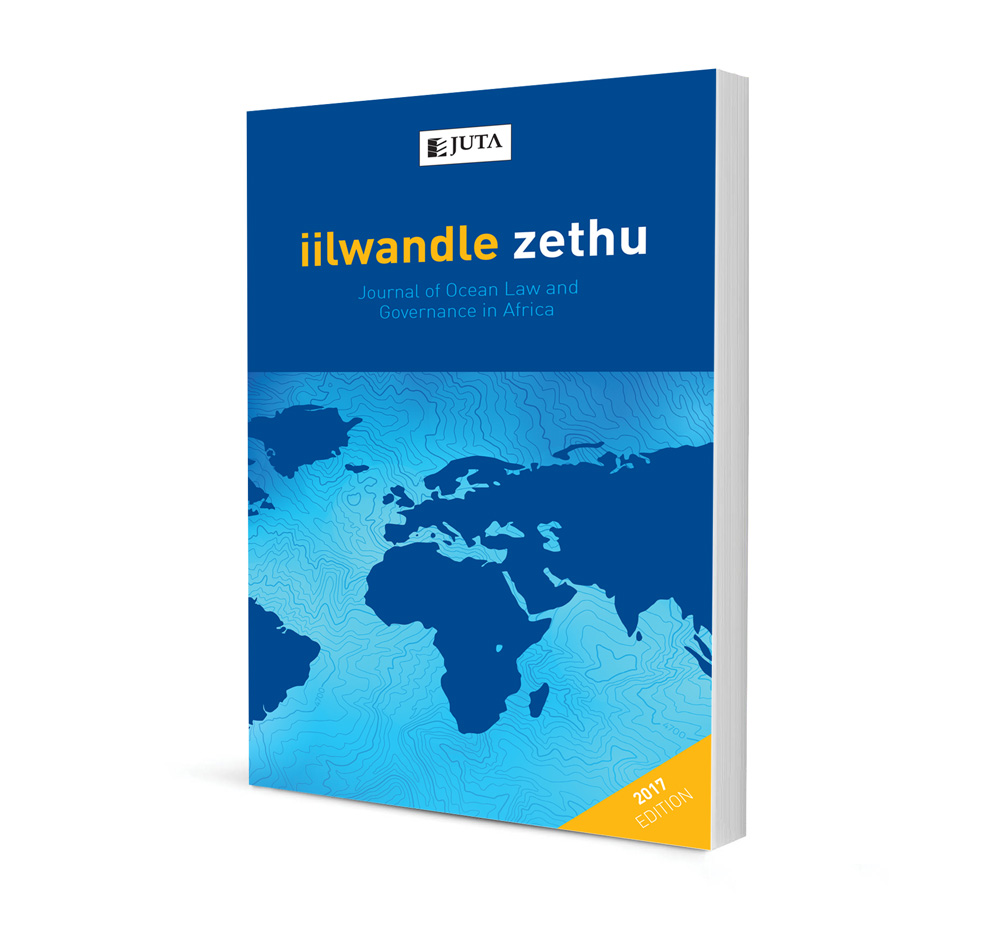Fishing for administrative justice in marine spatial planning: Small-scale fishers’ right to written reasons

Fishing for administrative justice in marine spatial planning: Small-scale fishers’ right to written reasons
Authors: Rachael Chasakara and Ntemesha Maseka
ISSN: 2521-5442
Affiliations: Doctoral candidate, Nelson Mandela University; Doctoral candidate, Nelson Mandela University
Source: Amalwandle Ethu: Journal of Ocean Law and Governance in Africa, 2021, p. 122 – 146
https://doi.org/10.47348/JOGA/2021/a4
Abstract
The emergence of marine spatial planning (MSP) has been ascribed to the inability of the ocean spaces to meet all demands simultaneously. With increasing uses and users of the ocean comes a rise in conflicts. Studies that sought to reduce those conflicts have shown the benefits of zoning the ocean in space and time. In South Africa, the Department of Environment, Forestry and Fisheries, which functions through a national working group (NWG) on MSP, is responsible for the implementation of MSP, which includes ocean zoning in South Africa’s ocean spaces. In the implementation of MSP, the NWG will make decisions which, this article argues, constitute administrative action triggering the constitutional right to written reasons. This article examines the small-scale fishers’ right to written reasons following a decision by the NWG. It concludes that the NWG does have an obligation to fulfil this right and that the MSP instruments are drafted in a manner that supports this duty.
